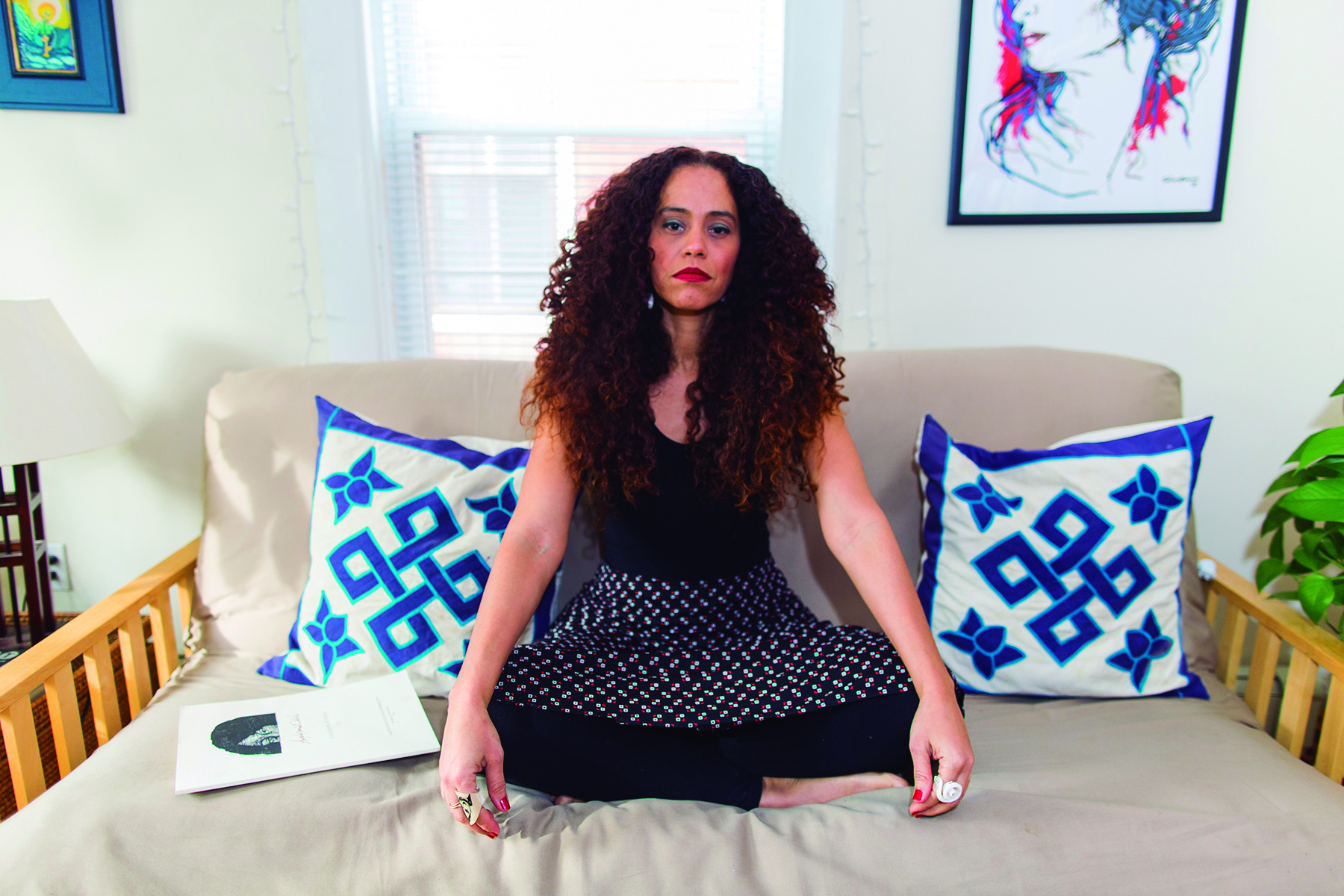
Poetry Is Busy: An Interview with Yara Liceaga
Puerto Rican Yara Liceaga has been writing poetry since the late 1990’s, and for many years lived fully immersed both in the island’s cultural scene and academia through the Universidad de Puerto Rico.
After leaving Puerto Rico in the midst of the country’s economic crisis, she used her experience to begin building a series of projects that would promote artistic collaboration and intersections through strong curatorship, giving space to artists that wouldn’t necessarily meet. “I wanted to join together musicians and visual artists and AV artists and other types of artists that might get fed from all the different art worlds.”
To Yara, curation is where the magic happens. “When you go to a show to see someone and all of a sudden you see two or three more people whose work surprises and excites you, that’s one of the most satisfying parts of what I do. It makes me heart bounce and dance!” A large part of the process has to do with trusting her gut and trusting the artistic representations each artist will bring to the table. “I’ve never thought, ‘Oh my god, what did I do?’ That’s the curation part of it. I invite you as an artist because your work is really, really good and I know anything you do is going to be amazing.”
Curated for IBA, Yara’s most recent show featured non-binary artists and works surrounding feminism and violence, particularly against queer and trans individuals. Called Poetry Is Busy: en voz abierta/Into the Unfolded Voice, the stories represented on stage were brought by the current Poet Laureate of Boston, the former Poet Laureate of Philadelphia, a gifted opera singer who fled Puerto Rico after Hurricane Maria, plus visual and performance artists. In addition to their diverse artistic backgrounds, artists performing in Poetry is Busy spanned Puerto Ricans, Africans, First Nation people, and more. Hoping to shake things up, Yara tells us “the representation from different places and intersections builds at least a visual difference from what audiences usually receive from shows.”
All of Yara’s work aims to either effect change, spark conversations, or open minds. “Access is power. I can’t change the world, but I can start conversations and that is really really important. When you leave a place and you have your brain full of questions... that’s the work. You plant the seed and it grows how it has to.”
And when asked why she loves partnering with IBA, Yara made her heart for the community clear. “It’s my community; my parents met here in Boston because they were involved in the beginnings of IBA. This space of resistance is so important, because we have been taught that we cannot be self-sufficient. IBA proves that wrong! These are Puerto Rican people fighting for their space and their community. We can achieve many things as a group together.”
...